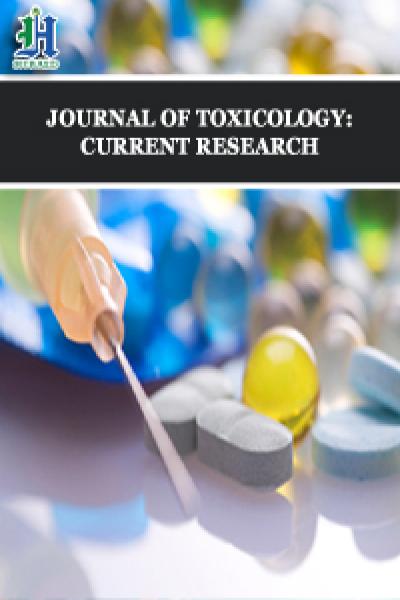
Chemical Toxicology
Chemical toxicology focuses on the mechanisms by which chemicals exert toxic effects on biological systems. This branch examines the interaction between xenobiotic substances and cellular macromolecules, emphasizing how chemicals disrupt normal physiological processes. Chemical toxicologists investigate absorption, distribution, metabolism, and excretion (ADME) pathways and identify reactive intermediates that may cause oxidative stress, DNA damage, or enzyme inhibition. The field plays a vital role in drug development, chemical safety assessment, and forensic investigations.
It also explores structure–activity relationships (SARs) to predict toxicity and guide the design of less harmful compounds. Understanding chemical toxicity is essential for hazard identification and the development of antidotes or protective agents. With increasing industrial chemical exposure, the need for mechanistic insights and predictive models has grown significantly. The Journal of Toxicology: Current Research welcomes studies that elucidate chemical-induced toxicity at molecular, cellular, and organismal levels, providing insights into health risks and regulatory frameworks for chemical safety.

